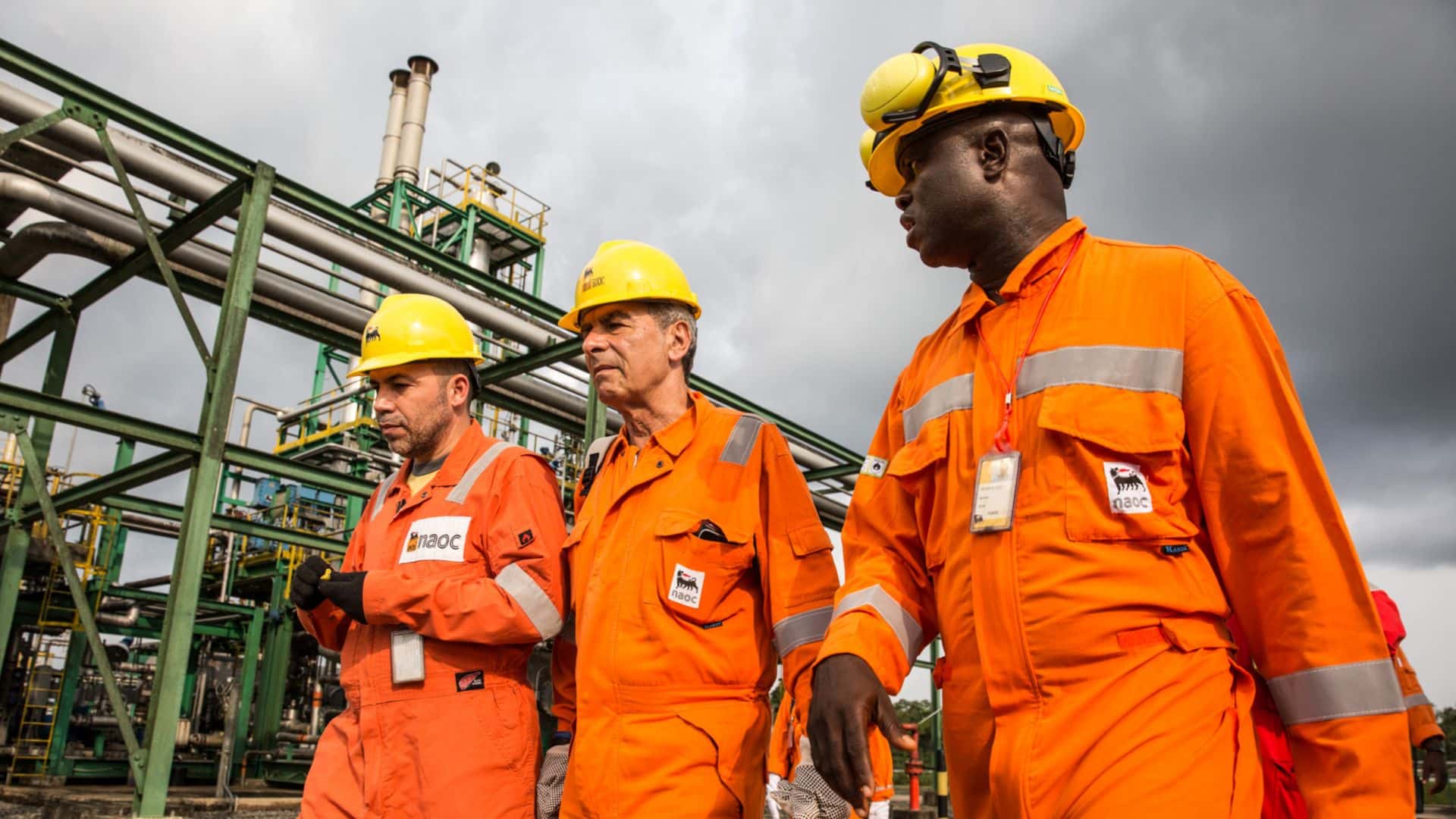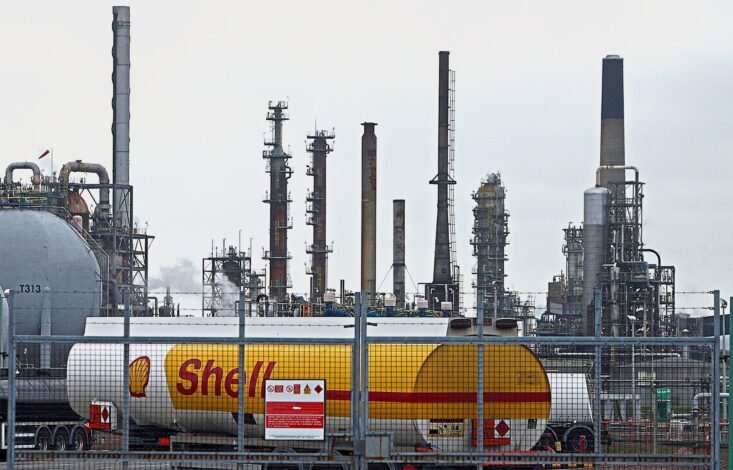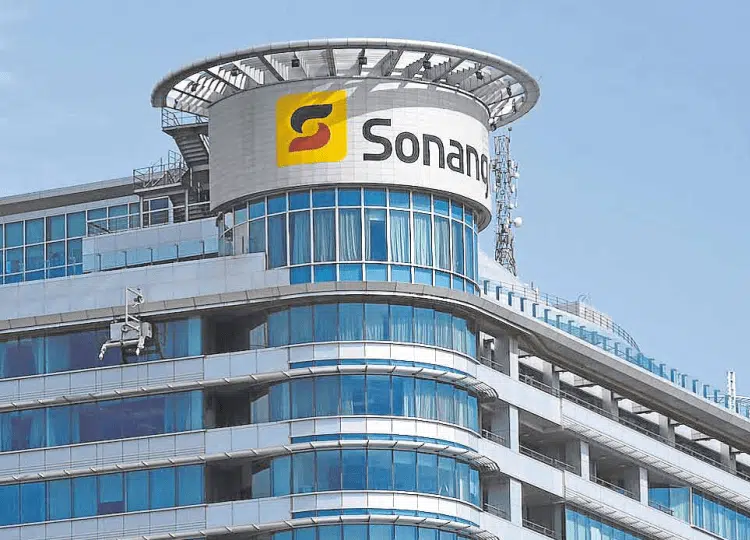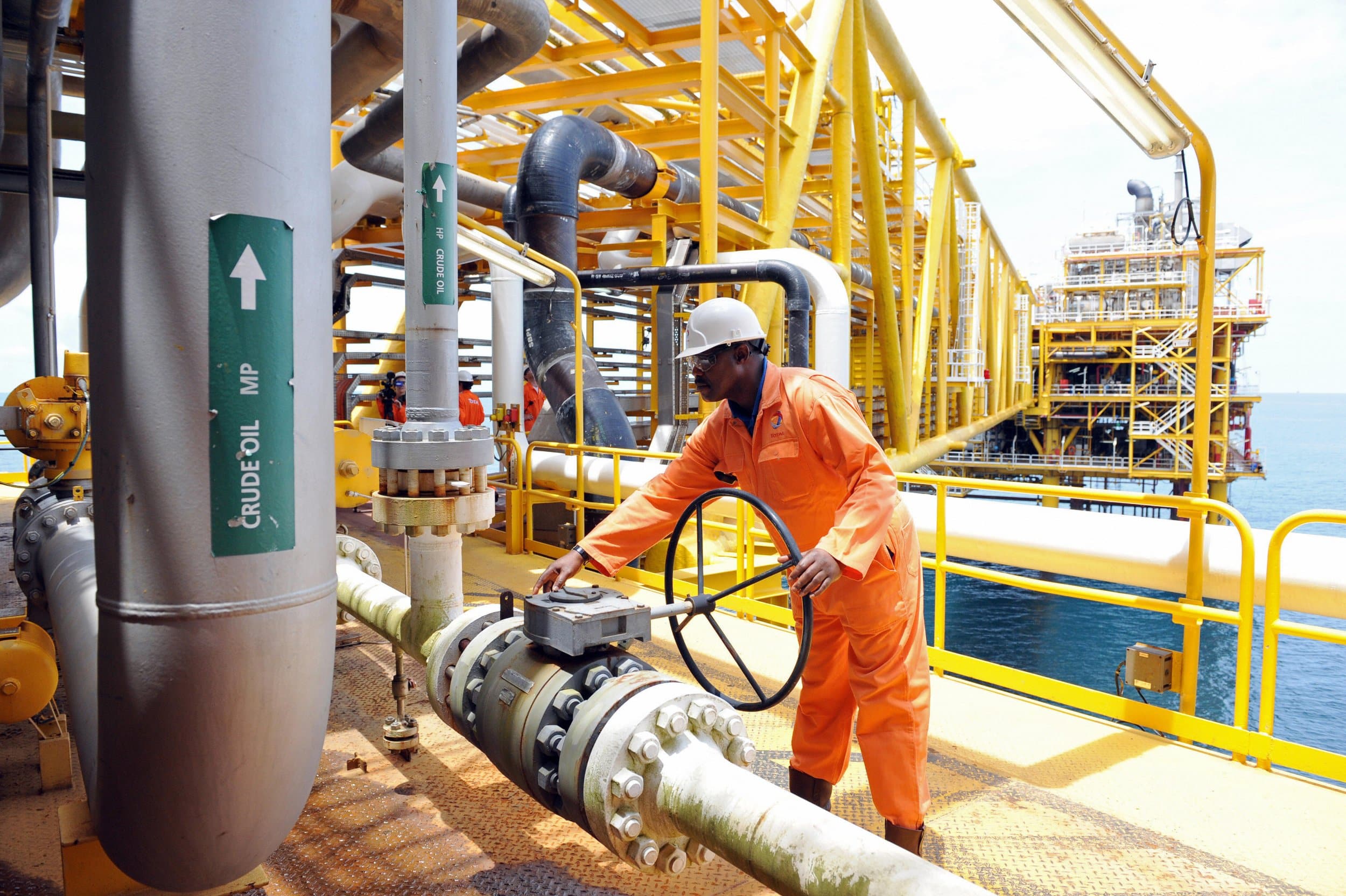Ghana’s Offshore Cape Three Points (OCTP) project partners including global energy giant Eni, Vitol and the Ghana National Petroleum Corporation (GNPC) have signed a Memorandum of Intent (MoI) with the government of Ghana to boost oil and gas production.
The agreement, which was signed on Tuesday in the presence of President John Mahama and the Minister of Energy and Green Transition and the Minister of Finance, also targets the production of sustainable initiatives.
It will evaluate a comprehensive and integrated investment plan, aimed at contributing to national goals for reliable, affordable, and low-impact access to energy.
According to Eni, some of the key initiatives proposed in the deal include a “possible increase in OCTP project production capacity, leveraging synergies between offshore and onshore upgrades, aimed at increasingly meeting the country’s growing domestic energy demand.”
The company is also targeting to leverage synergies between offshore and onshore upgrades to increase its production capacity within the OCTP area.
Eni’s operations in Ghana
Eni operates the Sankofa-Gye-Nyame offshore field which is part of OCTP alongside Vitol and GNPC.
Sankofa, which ranks the smallest amongst Ghana’s three, is an integrated oil and gas development. It holds 500 million barrels of oil and 270 million boe of gas, distributed across 19 subsea wells.
The project is a tie-back to the John Agyekum Kufuor FPSO and involves both oil and gas production.
Of all Ghana’s three offshore fields (others being TEN and Jubilee), Sankofa leads in gas production, which is almost entirely directed towards domestic power generation.
Eban-Akoma: the new prospect
Besides Sankofa, Eni also hopes the collaboration will help conclude the evaluation of exploration activities and potential development of the new Eban-Akoma field.
In July, the Italian energy giant confirmed commercial oil and gas discoveries at the field, also located within the Offshore Cape Three Points Block 4 (OCTP-B4).
Ghana’s Minister for Energy and Green Transition John Jinapor said the Declaration of Commerciality for the Eban-Akoma discoveries is a major boost to the country and reflects the government’s sustained appeal to investors.
“It highlights the immense potential of our offshore resources to fuel economic transformation, enhance energy security, and drive Ghana’s industrialisation agenda,” Jinapor said.
Ghana’s dwindling oil output
Meanwhile, Ghana’s oil industry has been experiencing declines since 2019 when output peaked at 72.44 million barrels, straining efforts to meet the country’s growing energy demand.
The situation is attributed to low reinvestments as well as natural declines in the country’s mature offshore fields
In 2024, production fell to 48.42 million barrels of oil, even though the country’s oil revenues remained robust.
Ghana reported $1.36 billion in oil revenue, an increase of 27.8% compared to the $1.06 billion seen in 2023.
The 2024 oil earnings was also ranked as the second-highest ever after the historic $1.42 billion in 2022.
However, the government is hopeful that Eni’s planned operations for the country will add significant supply and help reduce its heavy dependence on fuel imports.







